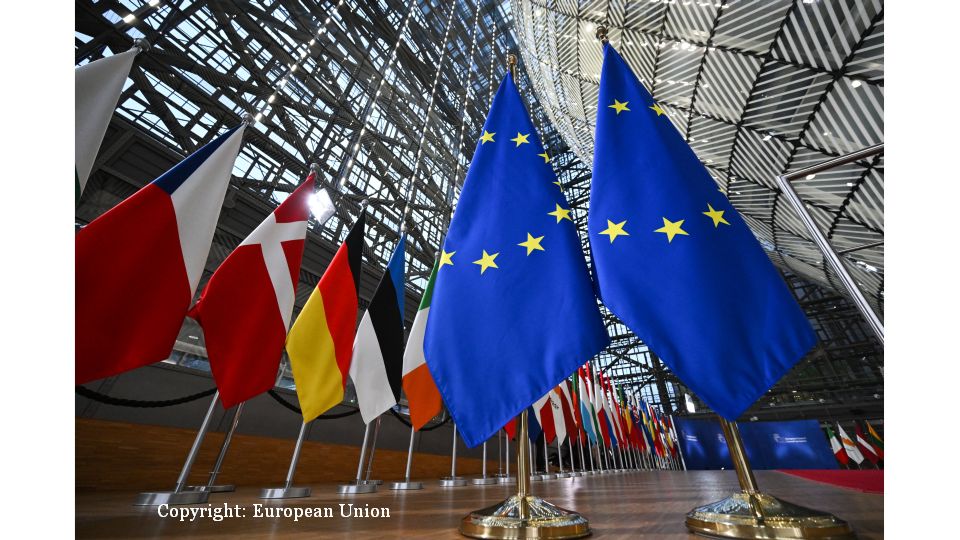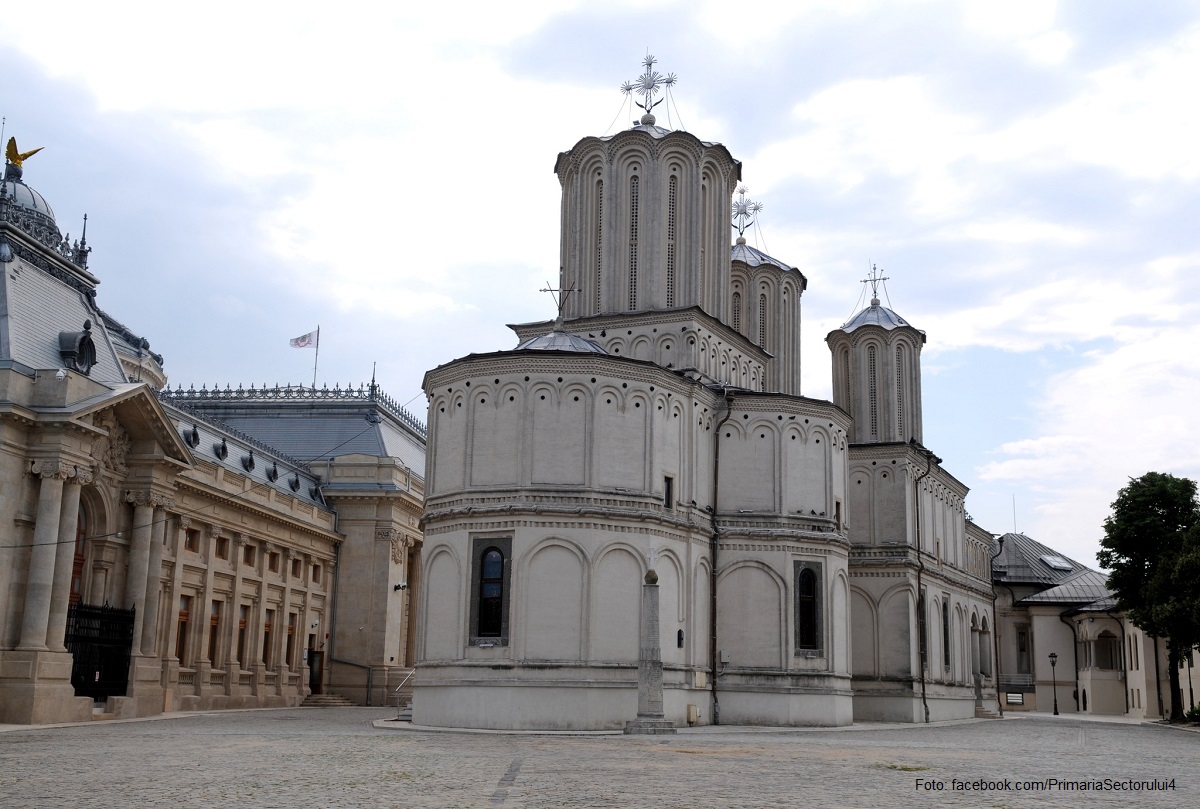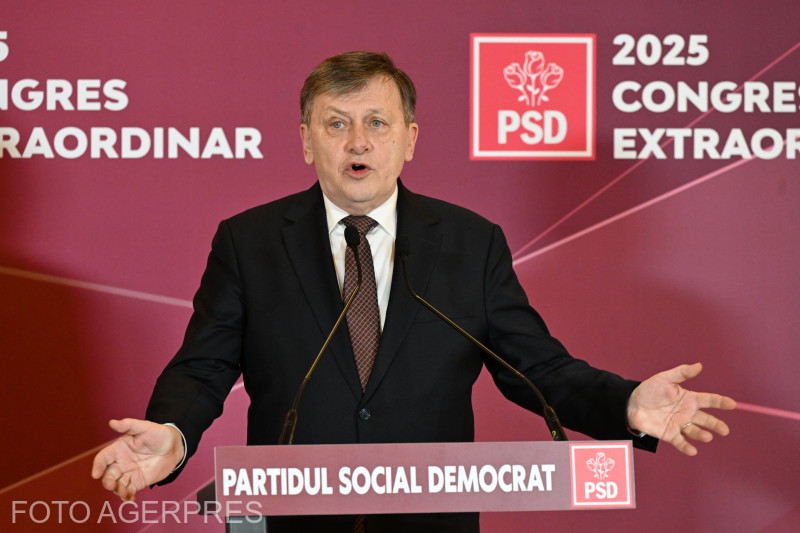EU – higher defence expenses
EU leaders have recently convened in Brussels for talks on raising defence budgets

Ştefan Stoica, 04.02.2025, 14:00
With a war, which seems to be dragging on at its borders and with a White House leader, whom some have described unpredictable, some transactional, and others both, the EU cannot afford the luxury of putting common defence and security at the bottom of its agenda.
EU leaders have recently convened in Brussels for an informal meeting devoted exactly to this issue. And they have insisted not only on raising the member states’ defence budgets but also on funding some joint projects out of community funds. Funding and cooperation at EU level might offset budgetary constraints, which are presently preventing some of the countries from earmarking more money for defence. Differences in the defence output could thus be eliminated and what is being produced in the EU, namely gear and ammunition, could be used in all member countries.
Also attending the talks, Romania’s president, Klaus Iohannis, has underlined that the discussions should not miss out on the NATO membership of many EU members. Romania, he insisted, does not accept the idea of a European defence, which is being separate or done in parallel with what we are presently doing in NATO, because such a defence might not work out well. Community cooperation must not overlap the role of NATO, seen as the main player in the trans-Atlantic security, most of the EU leaders also believe.
Invited to the talks, NATO Secretary General, Mark Rutte, says that irrespective of the solutions found, Europe’s defence industry must grow and the main solution here is to raise the defence budgets.
“We are now assessing the gaps for each of the allies between where we are and where we should be. And based on that, the capability targets will be decided upon. And based on that, we will decide on the new defence spending plans. But it will be considerably higher than 2 percent of the GDP, I can assure you” the Alliance leader said.
In terms of procurement, the French president, Emmanuel Macron, was the only one to speak about “preferential purchase” from the European Union. This position, which would exclude a large part of US suppliers in the future, has triggered reluctance among member countries who want to avoid tense relations with United States against the present global insecurity background, as our correspondent in Brussels has noticed.
The USA is a NATO ally, which has so far covered most of the Alliance’s procurement burden. And NATO Secretary General suggests the EU countries gradually take over more and more of this burden, not only in terms of covering NATO expenses, but also in terms of the support granted to Ukraine.
President Klaus Iohannis reminded the Romanian journalists that in spite of the big deficit last year, Romania registered significant economic growths, which also allowed for bringing the defence budget up to 2.5% of the GDP, an example for the EU countries.
(bill)






























